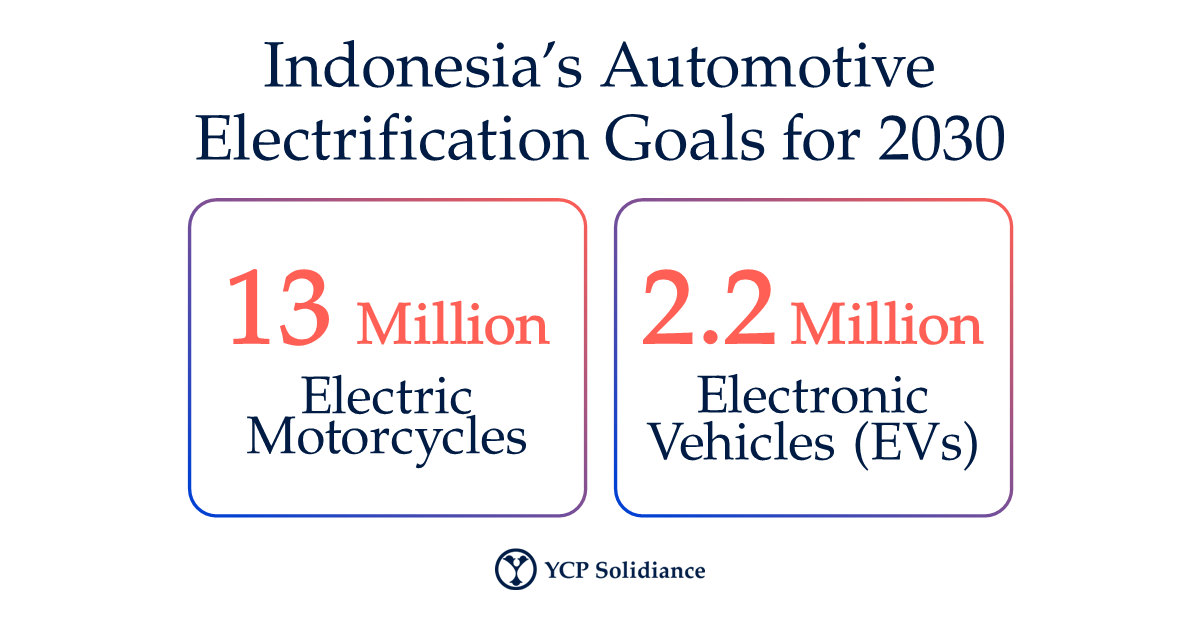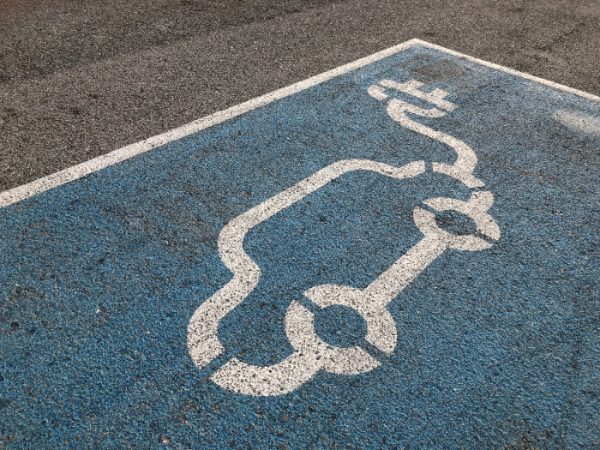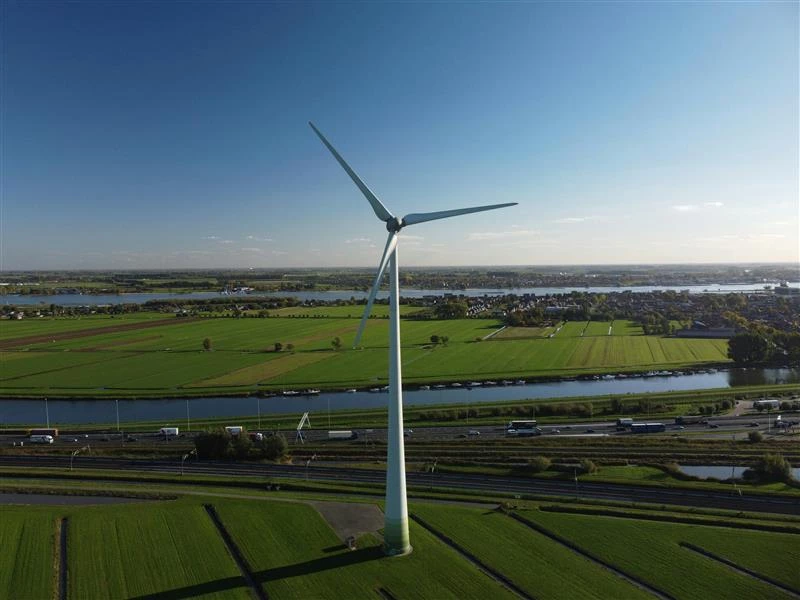As a result of the influx of investment and accelerated development in the Indonesian EV market, the country is expected to position itself as a global manufacturing hub.
To increase its electric vehicle (EV) production, Japanese automotive manufacturer Toyota is reportedly investing 1.8 billion USD in Indonesia over the next five years, per reports from Nikkei Asia. Such a development is in line with recent Indonesian EV market trends, as other major companies like South Korea’s Hyundai Motors and LG Energy Solutions have also pledged significant investments.

EV Ecosystem in Indonesia
Equally encouraging for Indonesia’s EV sector is the country’s electrification goals for 2030, wherein the government hopes to increase the overall production of both electric-powered motorcycles and cars. To reach the automotive electrification goals and to capitalize on recent investments, certain challenges must be addressed. Specifically, when adopting EVs on a nationwide scale, it is important to consider factors like infrastructure and incentives (both for consumers and manufacturers). To do so, Indonesia can seek to replicate the roadmap of fellow Southeast Asian countries that are successful in catalyzing sustainable industry development.
In the YCP Solidiance white paper “Public and Private Sector Cooperation: Sustainable Urban Development in Vietnam,” the data showed that Vietnam had strategically accelerated growth through several policies catered toward sustainable transport options like EVs. For instance, the Vietnamese government incentivized consumers via favorable consumption tax rates for EVs (15%) as compared to those of conventional cars (150%). Meanwhile, automobile manufacturers also played significant roles in improving infrastructure and EV capability by establishing charging stations across several provinces and cities.
Moving forward, interested parties should expect Indonesia to further emphasize public and private collaboration to sustain EV industry growth. In doing so, EV players will actively seek out partnerships, which will introduce potential investment opportunities to foreign and domestic investors alike.
Future of EVs in Indonesia
When analyzing the future landscape of the EV industry in Indonesia, it is important to consider the priorities of businesses in the current climate. Globally, the common trend is to embrace and shift toward sustainable business practices, so the Indonesian EV industry will likely thrive in the coming years. More importantly, as Indonesia scales sustainable development efforts in other industries, expect the EV market’s growth to coincide with nationwide accelerated development.
In Southeast Asia specifically, sustainable development is a point of emphasis, regardless of industry. Given that ASEAN countries are rich in natural resources, the association has reinforced its commitment to sustainability on several occasions. In this endeavor, sustainable transportation has a significant role. For example, Indonesia set the goal of achieving 100 smart cities by 2045, but to do so, the shift toward EVs will be necessary as it provides benefits such as improved mobility, reduced carbon emissions, and potential for a connected transportation network.
Moving forward, new market entrants should be encouraged by potential opportunities in the Indonesian EV industry as all indicators suggest full support of both the government and private companies. Moreover, with Southeast Asia scaling sustainable development efforts, Indonesia’s EV industry only stands to benefit as it positions itself as a global EV hub.
To get insight into how other industries across Asia are shifting toward sustainable development, subscribe to our newsletter here and check out these reports:






